From dischargeability issues to how the bankruptcy will be filed in court, consumer bankruptcy cases present many novel issues for new and non-bankruptcy attorneys.


From dischargeability issues to how the bankruptcy will be filed in court, consumer bankruptcy cases present many novel issues for new and non-bankruptcy attorneys.
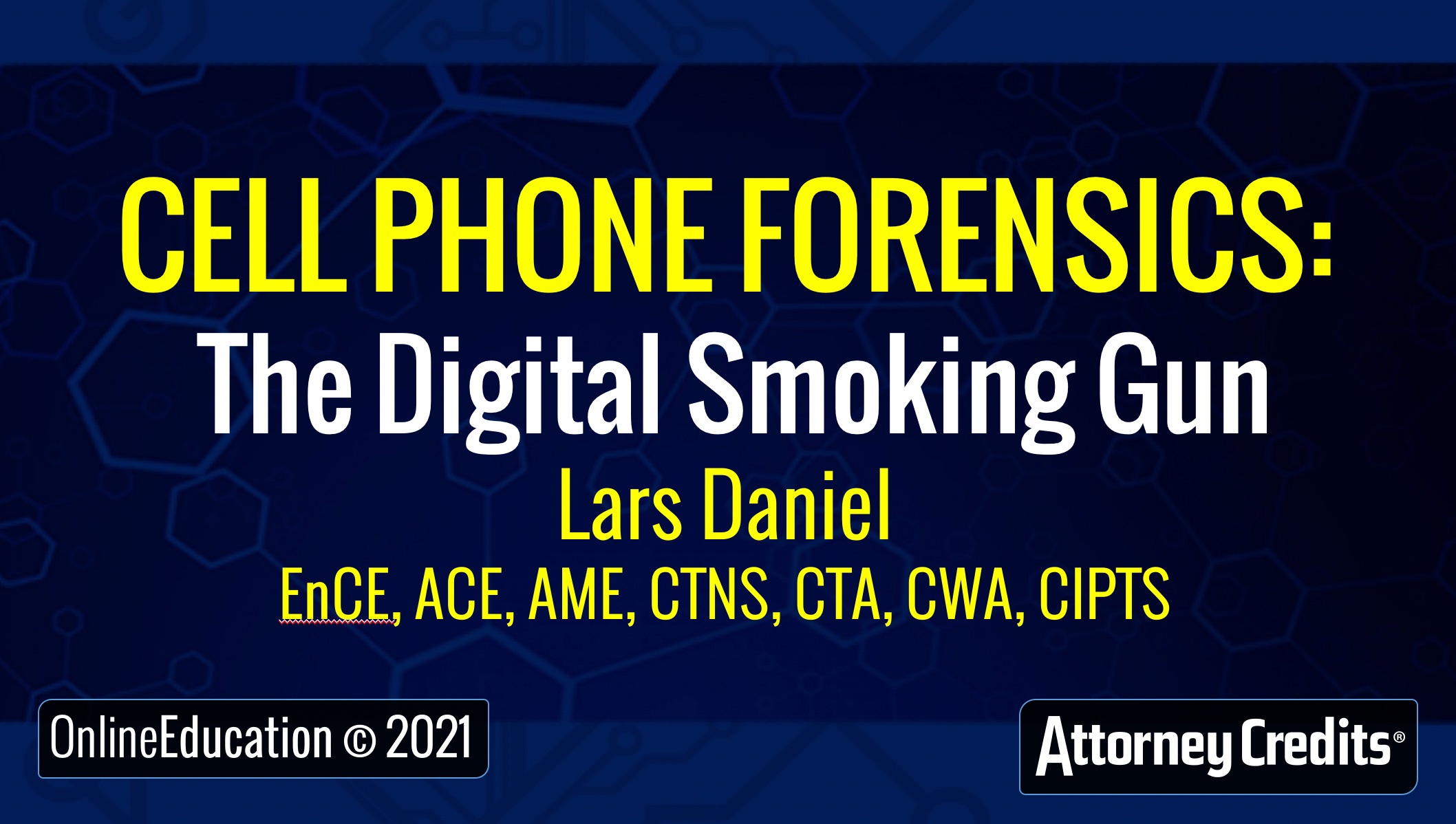
Lars Daniel breaks things down in plain English by utilizing colorful case examples to illustrate how electronic information generated by cell phones and digital devices can make – OR break – your client’s case.

By highlighting numerous historical and recent case examples Terence Kadlec & Andrew Guerra will illuminate the path to construction defects and the fundamental best practices in response.
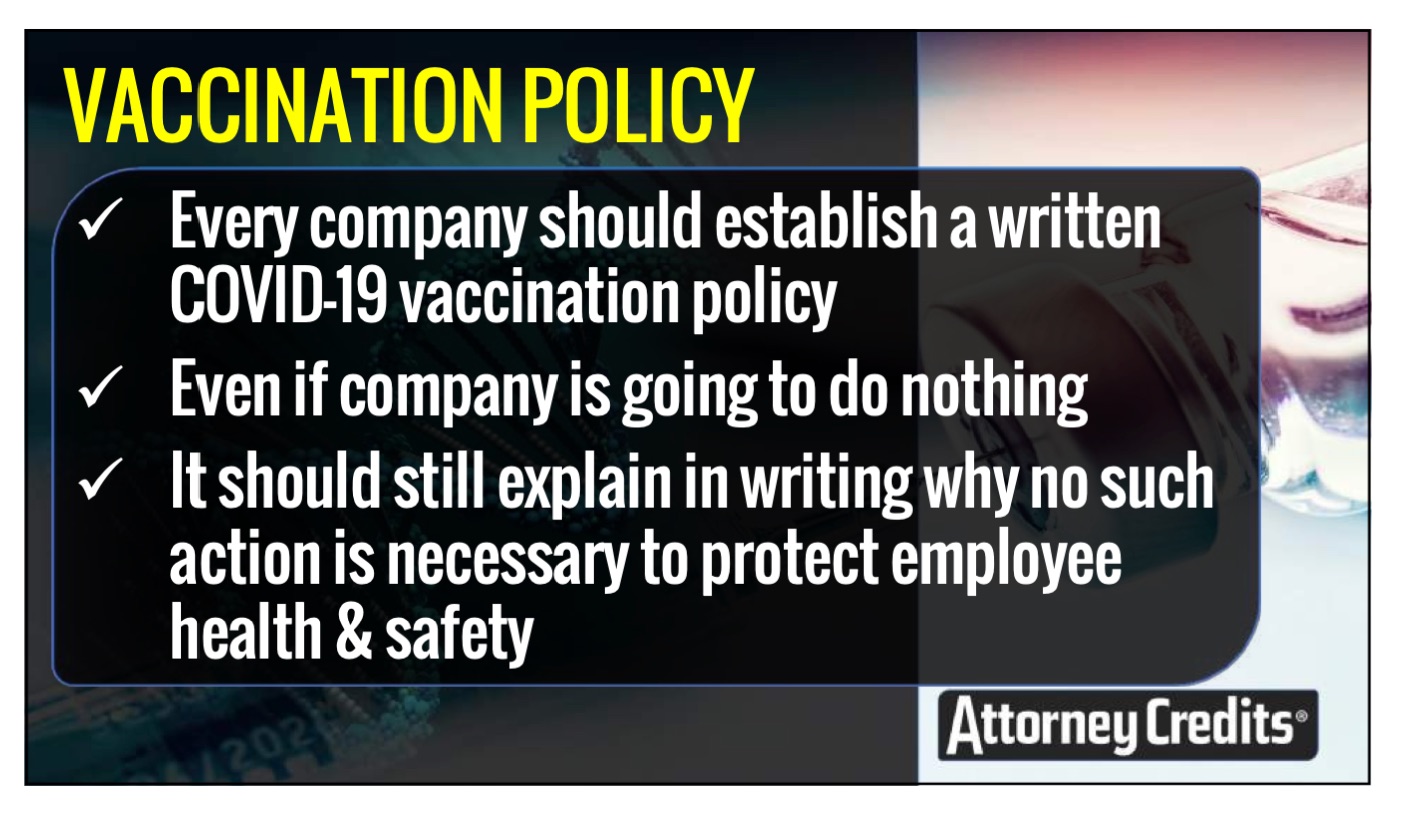
What if an employee doesn’t want to wear a mask? Will vaccination be mandated… encouraged, incentivized, or facilitated for all employees? What types of incentives like cash bonuses & PTO can employers legally provide? And what the heck is a Vaccine Ambassador? An adjunct professor of Vaccine Law, Brian Abramson will provide some expert guidance for businesses, employers and the attorneys that represent them.
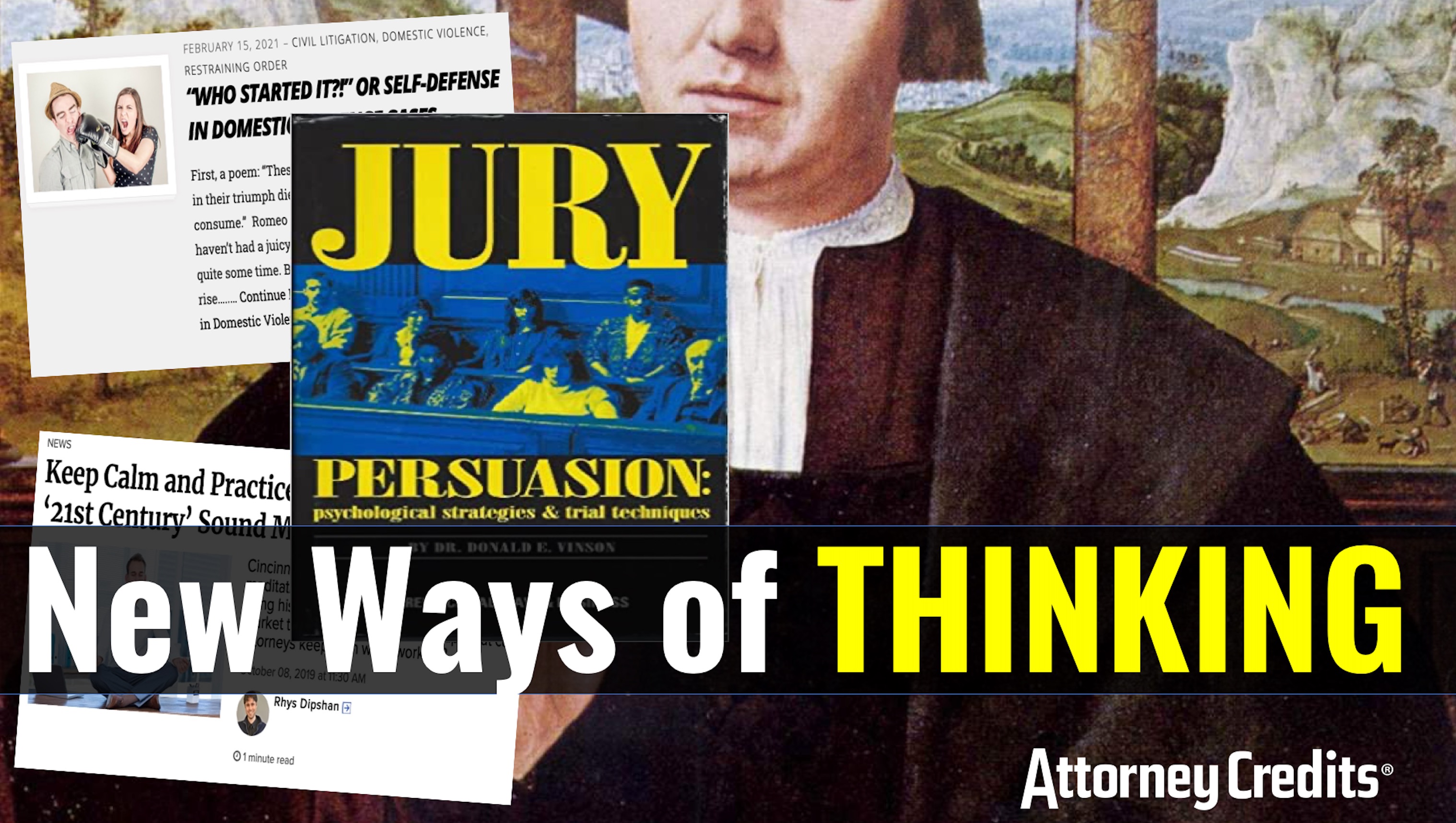
Trial as the ultimate performance art – where human conflict, archetypes & universal truths provide the greatest theatre. From psychological techniques & mental hacks to embracing the stress & being a magnetic leader, Jennifer B. Gardner shares her most poignant courtroom experiences to help you conquer the gauntlet known as trial.

Mike Wakshull has seen it all – from testifying in court about blood written on a wall to the authenticity of PDFs & word docs. He utilizes the scientific method to testify in court and consult with attorneys on the validity of documents and signatures.
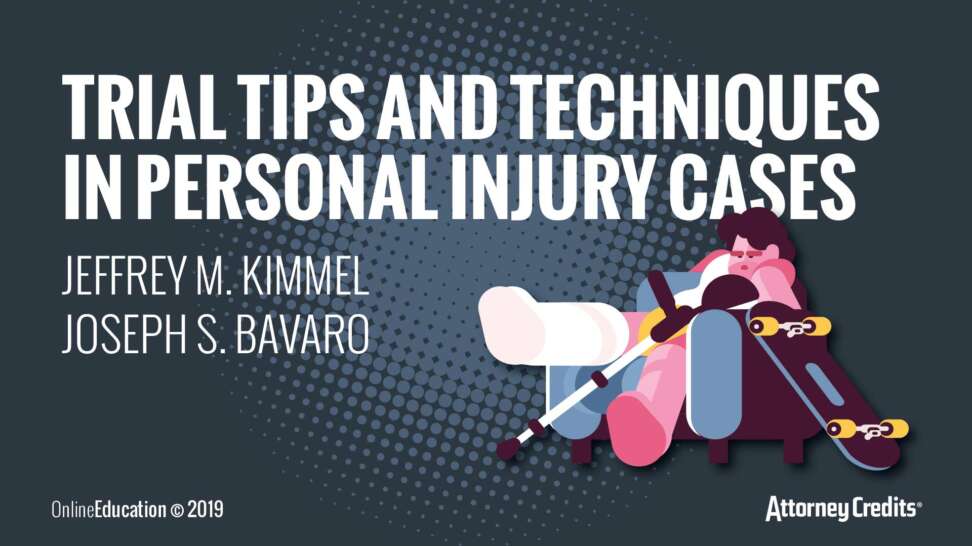
Experienced trial lawyers Jeffrey Kimmel and Joseph Bavaro provide a lively discussion filled with practical points and tips that you can deploy at your next trial. The dynamic duo will mainly discuss gaining credibility by being yourself, practically applying the rules of civil procedure to your case, building rapport with the jury during voir dire, telling your client’s story during the opening statement and listening to the other side’s case.
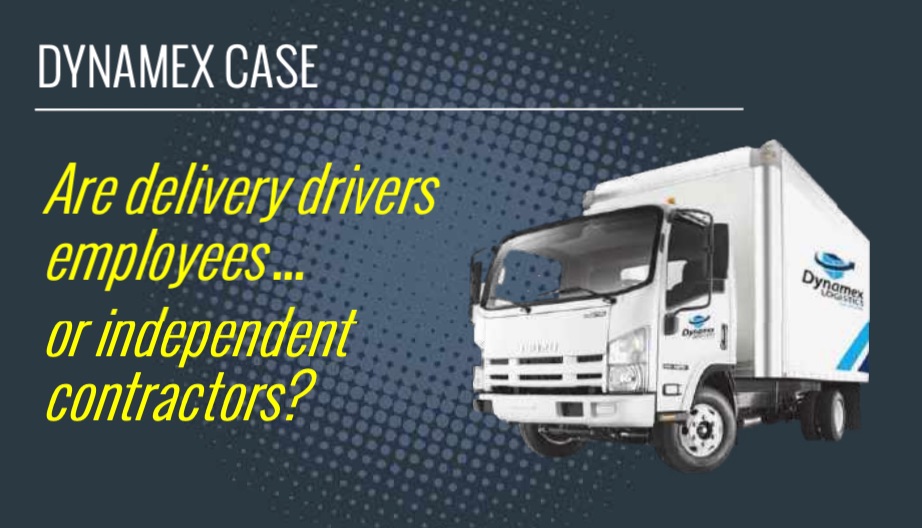
Our new “Gig Economy” has muddied the waters when it comes to classifying workers…. Independent Contractors… or Employees? Melody A. Kramer has been tracking these developments from California to New York – and even the federal government’s Pro Act. In this CLE, she will provide both legal & practical guidance for businesses as laws change and increasingly more workers are now considered employees.
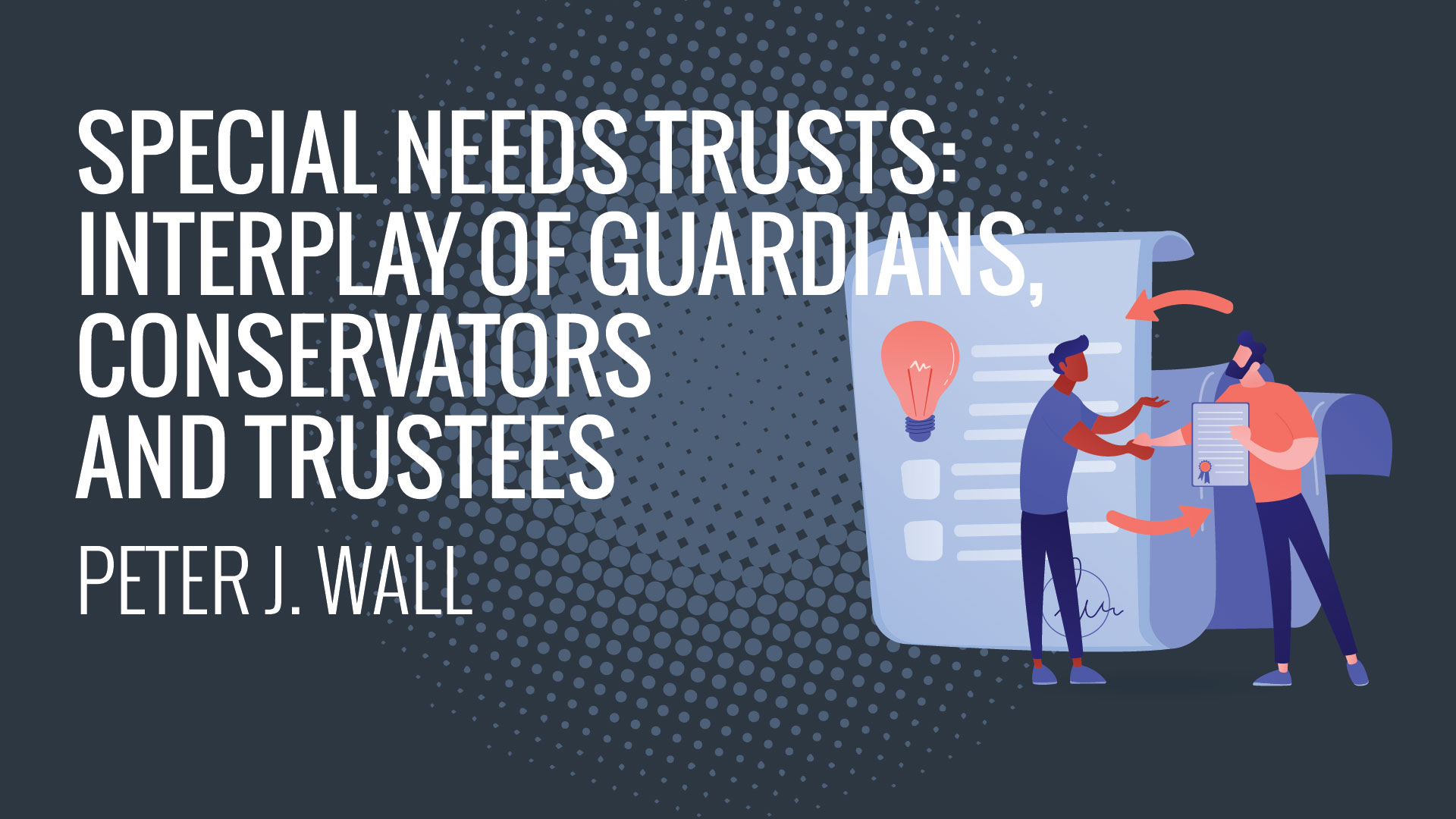
Peter J. Wall will teach attorneys about the pitfalls trustees face when administering special needs trusts — with a focus on dealing with guardians, conservators & trustees.
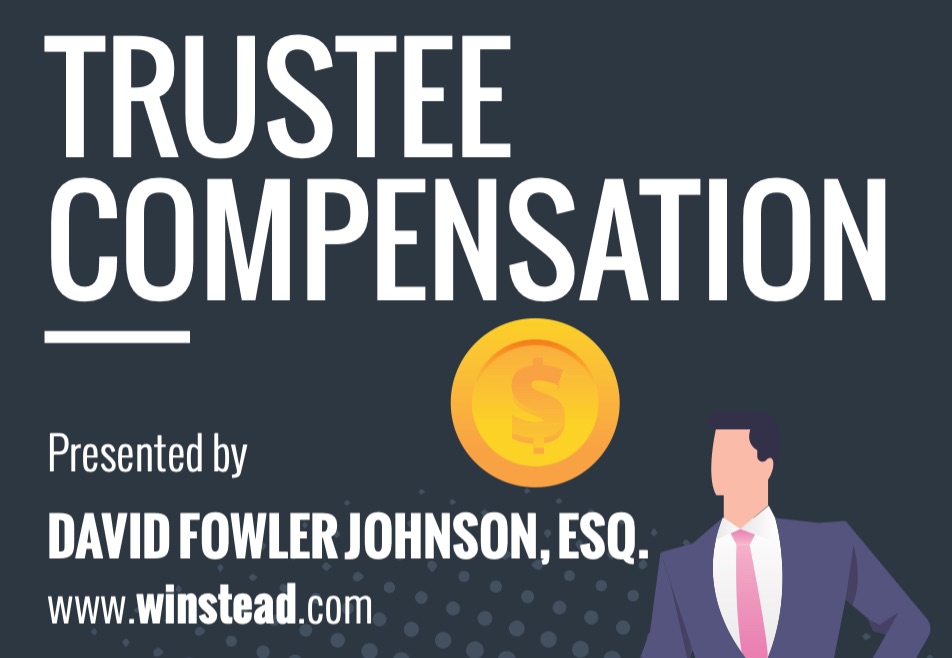
In his trial and appellate practice, David F. Johnson has litigated numerous disputes involving trustee compensation. From violating the self-interest rule to compensation issues with multiple trustees, there are endless pitfalls when it comes to determining the appropriate amount of compensation and upholding your duty of loyalty.